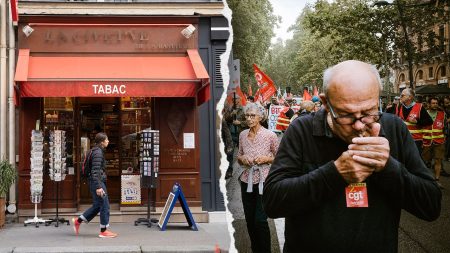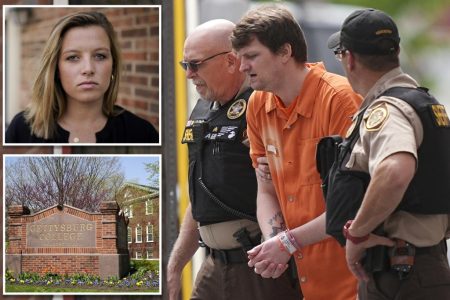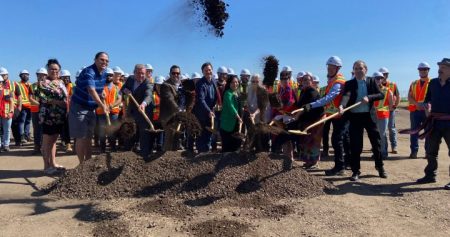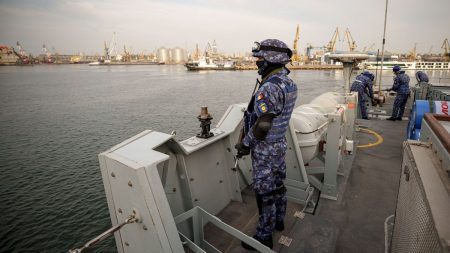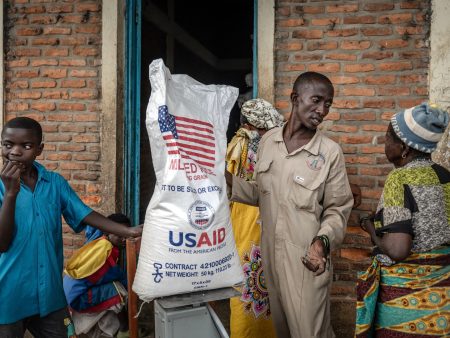The United Nations Relief and Works Agency for Palestine Refugees in the Near East (UNRWA) is embroiled in a deepening scandal, facing renewed allegations of ties to terrorist organizations following the Hamas massacre in Israel. These accusations, spearheaded by the Geneva-based NGO, U.N. Watch, come on the heels of previous charges and investigations into the agency’s conduct, further jeopardizing its reputation and international support. The core of the new allegations centers on a 150-page dossier compiled by U.N. Watch, alleging complicity between high-ranking UNRWA officials and known terrorists.
U.N. Watch Executive Director Hillel Neuer has publicly asserted that the dossier contains evidence of regular meetings between UNRWA staff and terrorist operatives. Prior to releasing the information, Neuer attempted to engage UNRWA Commissioner-General Philippe Lazzarini directly, offering to present the evidence privately. This proactive approach aimed to preempt any claims from Lazzarini that he was not afforded the opportunity to review the evidence before its public release. Despite these efforts, a meeting failed to materialize. Subsequently, U.N. Watch released excerpts of the dossier, including photographs depicting Lazzarini and former Commissioner-General Pierre Krahenbuhl in meetings with individuals identified as members of terrorist groups. These meetings allegedly involved representatives from organizations such as the Jihadi Islamic Movement, the Islamic Ansar League, and Hamas.
The released photographs raise serious concerns about the nature of the relationships between UNRWA officials and these individuals. One photo, dating back to 2014, shows several UNRWA regional directors meeting with senior Hamas member Ali Baraka, allegedly to commemorate Hamas’ anniversary. Another instance cited by U.N. Watch involves a 2017 meeting between former UNRWA chief Pierre Krahenbuhl, Baraka, and members of the Popular Front for the Liberation of Palestine (PFLP) and Palestinian Islamic Jihad (PIJ). During this meeting, Krahenbuhl reportedly declared a sense of unity among the attendees. The gravity of these allegations is amplified by the fact that Baraka and several other Hamas leaders were subsequently indicted by the U.S. Department of Justice in September 2024 on charges related to the October 7, 2023 terror attack in Israel, which resulted in the deaths of over 1,000 people, including 40 Americans.
The controversy surrounding Krahenbuhl extends beyond his alleged interactions with terrorist figures. In 2019, he resigned from his UNRWA post amid investigations into allegations of sexual misconduct, nepotism, and other abuses of authority. Despite these serious allegations, Krahenbuhl was appointed head of the International Committee of the Red Cross (ICRC) in April 2024. This appointment drew criticism from members of the U.S. Congress, who urged the State Department to intervene. The ICRC has defended Krahenbuhl’s appointment, emphasizing his extensive humanitarian experience and the necessity of engaging with all parties in conflict zones to ensure aid delivery to civilians. However, critics argue that his past conduct and the allegations against him raise serious questions about his suitability for such a prominent role in a humanitarian organization.
Beyond the allegations of high-level complicity with terrorist groups, UNRWA is also facing accusations of indoctrinating students with hate speech and promoting violence within its schools. U.N. Watch’s dossier includes interviews with former UNRWA students who claim they were taught to “fight back and resist” and to “kill the Jews.” These allegations are further substantiated by a report from another NGO, IMPACT-se, which has been monitoring UNRWA’s educational materials for over two decades. IMPACT-se’s November 2024 report identifies 12 high-ranking UNRWA school officials with alleged memberships in Hamas or PIJ, including some who allegedly participated in the October 7th terror attack.
IMPACT-se’s findings detail how UNRWA schools allegedly promote violence and terrorism, libel against Israel, and a refusal to recognize the state’s existence. The report highlights instances where hateful and violent content targeting Israel was incorporated into grammar exercises, raising concerns about the pervasive nature of this indoctrination. These findings suggest that UNRWA schools are not adhering to UNESCO standards, which emphasize peace-building, respect for diverse groups, and the avoidance of incitement to violence. IMPACT-se’s intelligence estimates indicate that over 10% of senior employees in UNRWA’s Gaza Strip education system are members of PIJ or Hamas. While UNRWA prohibits staff from participating in U.N.-designated terrorist groups, the effectiveness of this prohibition is questioned given the limited scope of the U.N. terror list, which excludes many Palestinian groups due to veto power held by Russia and China.
UNRWA has responded to these accusations by dismissing them as disinformation aimed at dismantling the agency. UNRWA Commissioner-General Philippe Lazzarini has cautioned against the spread of such disinformation and urged scrutiny of the sources and intentions behind these allegations. Regarding the student interviews conducted by U.N. Watch, UNRWA claims that the children were filmed without parental consent and subjected to leading questions designed to elicit specific responses. These allegations and counter-allegations highlight the deeply polarized and contested nature of the information surrounding UNRWA’s operations and its relationship with various stakeholders in the region. The agency’s future remains uncertain as it navigates these serious accusations and grapples with the consequences of its alleged ties to terrorist groups and the potential for indoctrination within its educational programs. The international community is watching closely as the situation unfolds, with further investigations and potential repercussions likely to follow.





